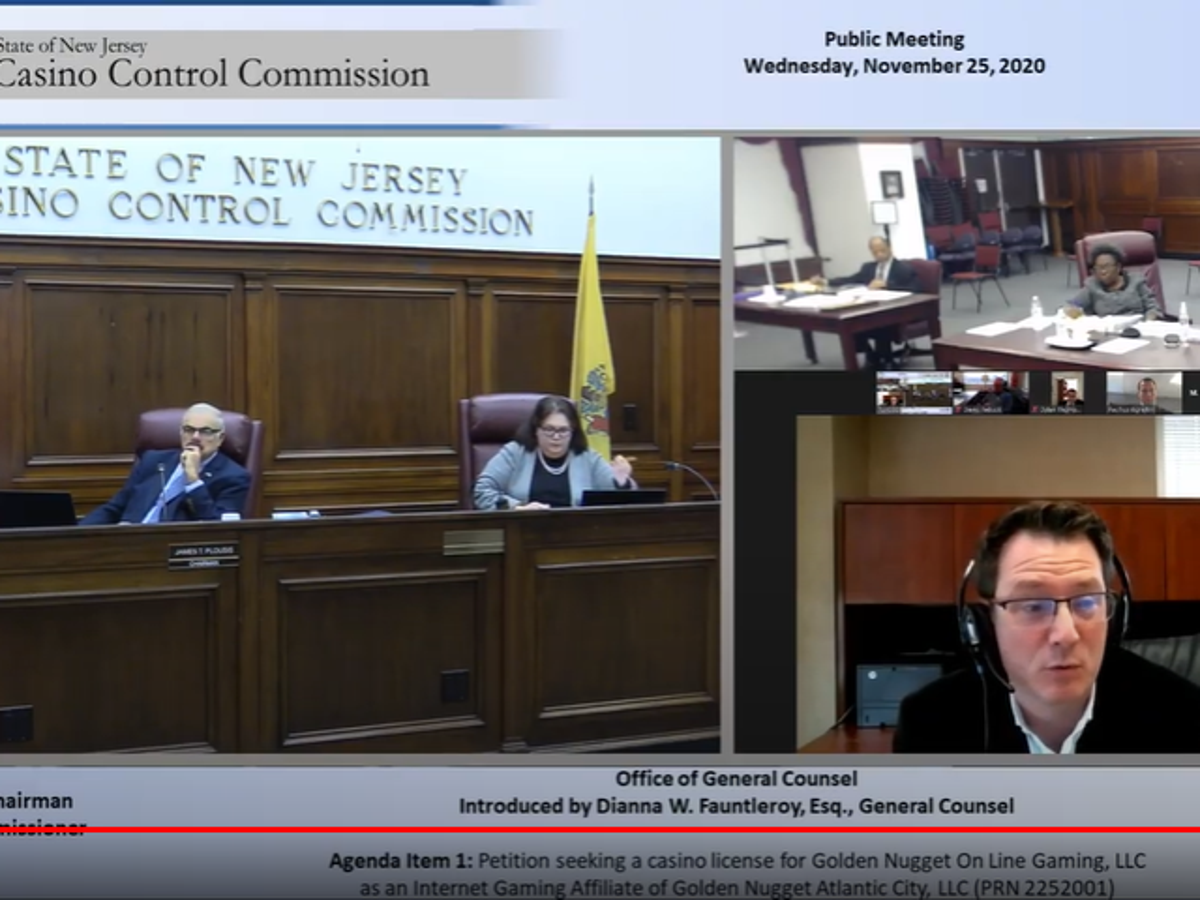New Jersey Online Gambling License

The New Jersey sportsbook market is about to get a new addition, as the offshore betting operator 5Dimes has applied for the state's gambling license. The news comes from Laura Varela, the new owner, and the widow 5Dimes founder William Sean Creighton. New and regular casino players might have noticed how there’s been an increase in the number of online New Jersey Online Gambling License Application casino websites. All these websites have different services and games, but have one thing in common – they all offer players with different types of casino bonus. The New Jersey Casino Control Commission is responsible for the licensing of Atlantic City casinos and all of their key employees. People who work in casinos, Internet gaming or sports pools may require a license or registration depending on the kind of job they perform.
Bingo and Raffle License Process Instructions New Jersey allows certain types of gaming by specific types of non-profit organizations. There are detailed licensing procedures that must be followed, as well as special restrictions on how the proceeds derived from permitted games of chance may be used. The way it works in New Jersey is land-based casinos hold online gambling licenses and may then partner with third-party software providers to operate one or more independently-branded casino sites. For example, Borgata Casino in Atlantic City offers online gambling through BorgataCasino.com in partnership with GVG Holdings, PalaCasino.com in.

With online sports betting and gaming now legal in New Jersey, many businesses are seeking to jump into this flourishing industry. However, the regulations require that any company seeking to offer this kind of entertainment be associated with a land-based casino in the state, and that kind of association requires a specific legal status. Companies seeking to do business with a New Jersey casino need either a license or vendor registration, depending on the relationship and type of services they plan to provide.
The definition of “doing business” can be broad. It can apply not only to companies trying to procure an online sports betting license, but to companies offering any services directly related or ancillary to gaming. Companies like game developers, internet hosts, payment processors, and advertising agencies which provide support to online gaming and sports betting all need to obtain either a license or a registration from the state in order to work with a casino in New Jersey.
New Jersey is unique in its approach to online gambling because it has a strong regulatory regime to oversee the heavily-regulated gambling industry. The state’s internet gaming law recognizes three categories of companies that provide services to casinos:
- companies that provide services directly related to the operation of a casino’s gaming activity and thus required to obtain a casino service industry enterprise (i.e. a CSIE) license,
- companies that provide services ancillary to gaming activity and required to obtain an ACSIE (or ancillary CSIE license), and
- companies that provide services to casinos that are non-gaming related and not specifically designed for gaming , which are only required to register as vendors.
In order to obtain a legal online gaming license, companies must pursue a two-prong process of securing a commercial agreement with a land-based casino and completing a rigorous process of financial disclosures and game testing.
Companies that are not providing gambling-related services do not require licensure, but they do need to apply for a vendor identification number and be approved to serve as a vendor to a New Jersey casino. For example, a company that provides general marketing or advertising services for a casino would likely require vendor registration.

Vendor registration is much simpler than licensure and is a relatively straightforward process. First, the vendor obtains the vendor registration form (“VRF”) from the casino with which it seeks to do business. The VRF requests basic corporate information about the vendor and its large stakeholders. The completed form is then submitted by the casino itself directly to DGE.
The vendor then needs to also complete the vendor registration supplemental disclosure form (“VRSF”) within thirty days from the filing of the VRF. There are no fees for filing either form, and they remain valid as long as the companies continue to do business with a casino. Although the registration does not expire at a set time, it will lapse if there is no business activity with the casino for three years.
There are few negative consequences to registering as a vendor with DGE. There is generally no additional compliance burden (other than the initial filing of the VRF and VSRF). However, if the completed VRF is not timely filed, then DGE may prohibit the vendor from conducting any business with a casino licensee by issuing a prohibitory order. A vendor may then resume providing goods or services or conducting business 30 days following the proper filing of its registration.
Vendor registration is also not casino specific. Once a company is approved as a vendor to a casino and receives its vendor registration number, the company can use that vendor registration number to contract with additional casinos and no further filings are required.

New Jersey Online Gambling License

New Jersey Online Gambling License Requirements
While licensure is not required by law, the Director of the DGE may act in his discretion and require a company to obtain licensing even where not mandated by law or regulation. The Director is more likely to request such an application where the vendor applicant retains some connection to gambling activity, such as an online advertising company that has a financial interest in the outcome of the referrals that it sends to the casinos.
Although some limited forms of marketing or advertising services would only require vendor registration, a partnership with a land-based provider that is based on a revenue share agreement is likely to require full licensing and a company would thus need to complete and submit the lengthy application.
For more information on licensing and registration for companies supporting online gaming, contact Ifrah Law.